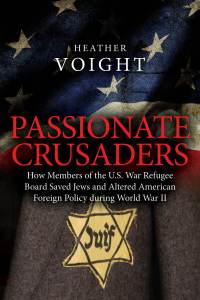After spending ten years in a Lutheran grade school, I graduated from the eighth grade with no knowledge of religions other than my own. Religion classes were required each year, but only Lutheranism was discussed. Similarly, eighteenth century Puritans virtually ignored all other religions. Tax-supported schools taught only Protestant doctrine; even textbooks like The New England Primer used Protestant beliefs to teach the letters of the alphabet. Despite the fact that the Puritans ignored any group that did not agree with their beliefs, religious diversity thrived through new Protestant denominations and the influences of the Enlightenment.
The British colonies in the seventeenth and eighteenth centuries were predominantly Protestant. The Puritans who settled the Massachusetts Bay colony were Calvinists who stressed the idea of human helplessness. Their God knew everything and He alone could determine whether a person went to heaven or hell. The Puritans saw themselves as God’s chosen people who would create in Governor John Winthrop’s words “a city upon a hill”, or a model for other Christian civilizations in which church and state were united. Despite their religious goals, Puritans stole land from Native Americans and committed other injustices in the name of their Lord. For example, in 1637 Puritans were convinced that God agreed with their extermination of the entire Pequot tribe.
Although the American colonies were mainly Protestant, not all Protestants shared the same beliefs. A Puritan clergyman named Roger Williams protested against the crimes committed against Native Americans and said the church should not try to build a Christian society based on such actions. Like Williams, Anabaptists believed that the church should remain separate from the state. They also believed in separating themselves from society and forming their own communities of believers. Since Protestantism continues to be challenged and altered by different groups, it is clear that this religion will never become one-dimensional.
Just as Protestantism was divided in the colonies, non-Protestant religions provided religious diversity as well. In The Declaration of Independence, Thomas Jefferson wrote, “they [men] are endowed by their Creator with certain unalienable rights”. By using the word Creator, Jefferson was not referring to the vengeful God of the Puritans who determined who went to heaven or hell. Instead, Jefferson and other revolutionaries during the Enlightenment era of the eighteenth century shared the ideas of deists in Europe. Deists believed that God created the universe and then did not interfere with anything in it. The deist God had the confidence in mankind to let people independently govern the world He created.

